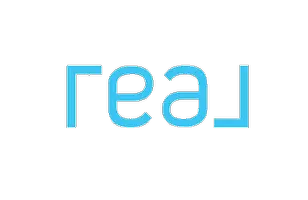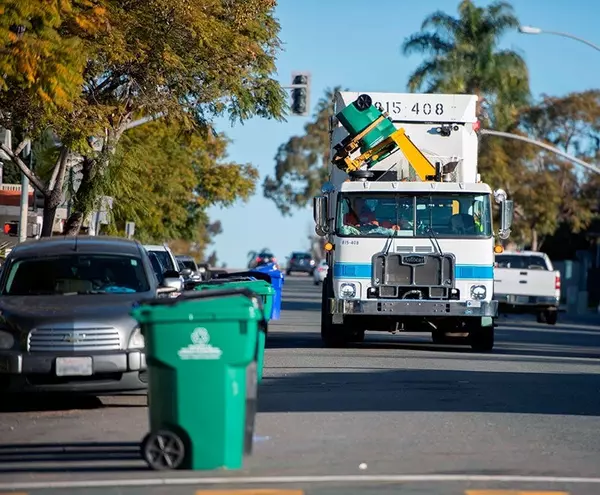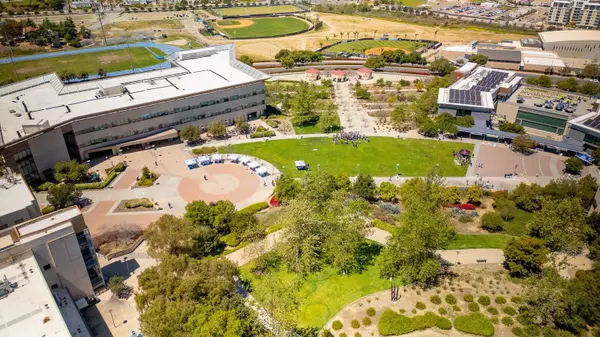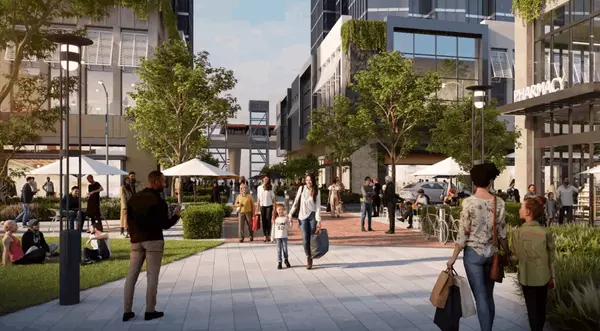San Diego Approves Controversial New Trash Fee for Homeowners
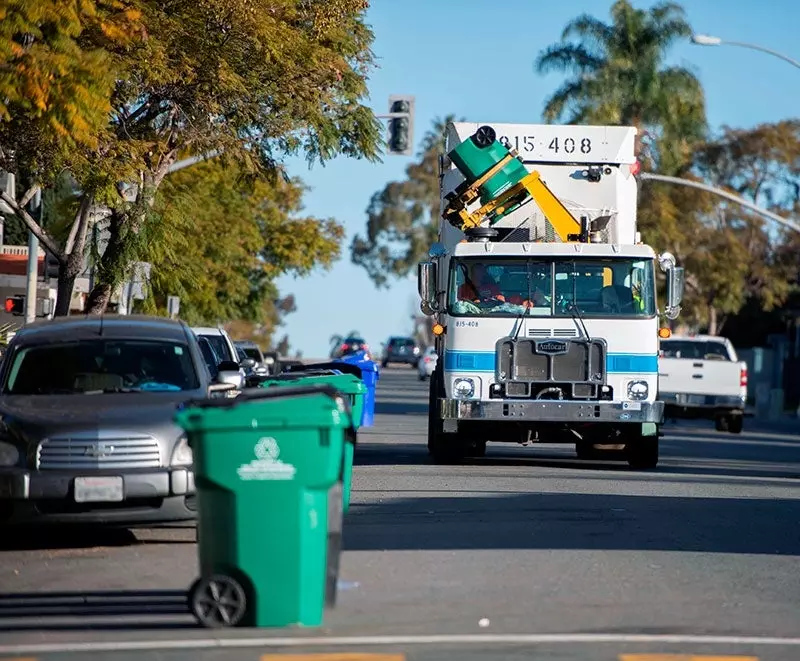
Starting July 1, San Diego homeowners will face a major change: for the first time in over a century, single-family homes will be charged a monthly fee for trash pickup. After a lengthy and contentious City Council meeting on June 9, councilmembers voted to implement a $43.60 monthly fee for waste collection services — a decision that breaks a 106-year precedent.
Under the new program, residents will receive three 95-gallon bins — one for trash, one for recyclables, and one for organic waste like food scraps or yard trimmings — regardless of how much trash they actually produce. Those who prefer smaller bins can opt into a lower-cost plan starting in mid-July. The city will begin rolling out new containers to customers in October.
This change stems from the passage of Measure B in 2022, which allowed San Diego to begin charging for trash collection. At the time, voters were told the fee would likely fall between $23 and $29 per month. But when the city completed a detailed cost-of-service study in 2025, the estimated number of households served by city sanitation services dropped by nearly 60,000 — causing the projected fee to jump significantly. Public backlash was swift, prompting the city to delay some services and revise the pricing structure to top out at $43.60 per month.
During the public comment portion of the council meeting, more than 120 residents voiced their concerns — many of them older adults worried about the financial strain, especially those who generate very little trash. Some speakers accused the city of misleading voters about the true cost and urged the council to reconsider or place the matter on the ballot again. Others proposed allowing residents to opt out of city services entirely.
Councilmembers in favor of the fee emphasized the city's budget challenges. Without this revenue, San Diego would face an $80 million hole in its 2026 budget, potentially leading to deep cuts to other essential services. Councilmember Joe LaCava, who co-authored Measure B, said the trash fee is critical to avoiding those cuts. Meanwhile, Councilman Raul Campillo, who voted against the fee, said the final plan felt like a “bait and switch” and warned it could erode public trust in city leadership.
The city plans to use the funds from the new fee to improve services, including transitioning recycling collection from bi-weekly to weekly, replacing broken bins for free, and potentially launching bulky item pickups and electric waste trucks. The Environmental Services Department (ESD) says the fee will bring in an estimated $112.6 million this year and $139.4 million in 2026.
To support lower-income residents, the city has set aside $3 million for a financial assistance program. Depending on income and household circumstances, eligible residents may receive a full or partial subsidy.
The new fee will apply to approximately 226,500 single-family households — the group that previously received trash pickup at no extra cost. In contrast, residents in multi-family housing, condos, and apartments have long paid for private waste services despite contributing to the city’s general fund through property taxes.
The city will revisit the program on June 24 to determine whether the new fee should be collected via residents’ property tax bills. Barring any delays, billing will begin July 1, with the ESD portal for container selection opening on July 15.
As San Diego continues to grapple with rising costs and an aging landfill projected to be full by 2031, city leaders argue that this new fee structure is essential for creating a more sustainable and equitable waste management system. Still, with widespread opposition and a pending lawsuit challenging the legality of the fee, it’s clear the trash debate is far from over.
Categories
Recent Posts

